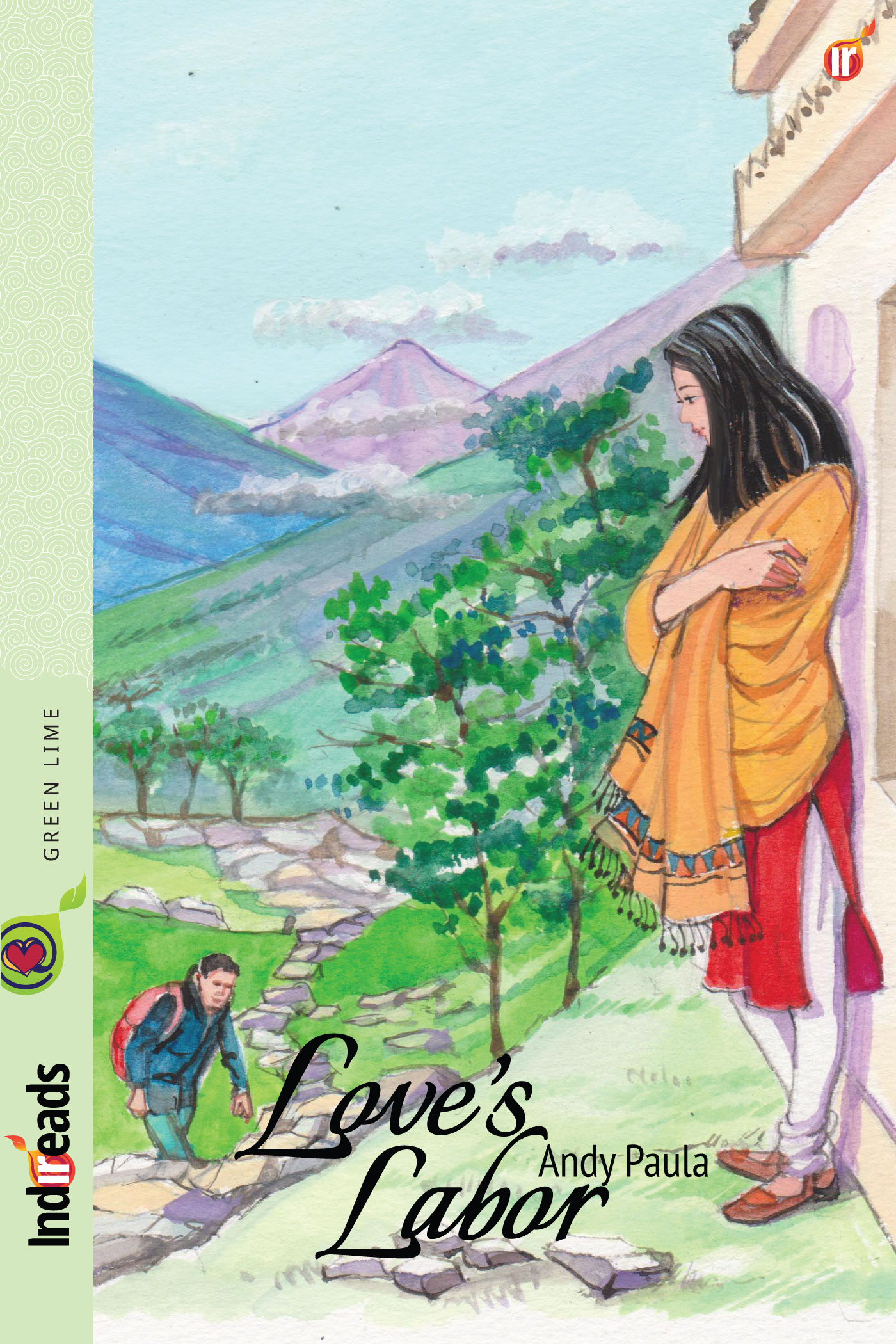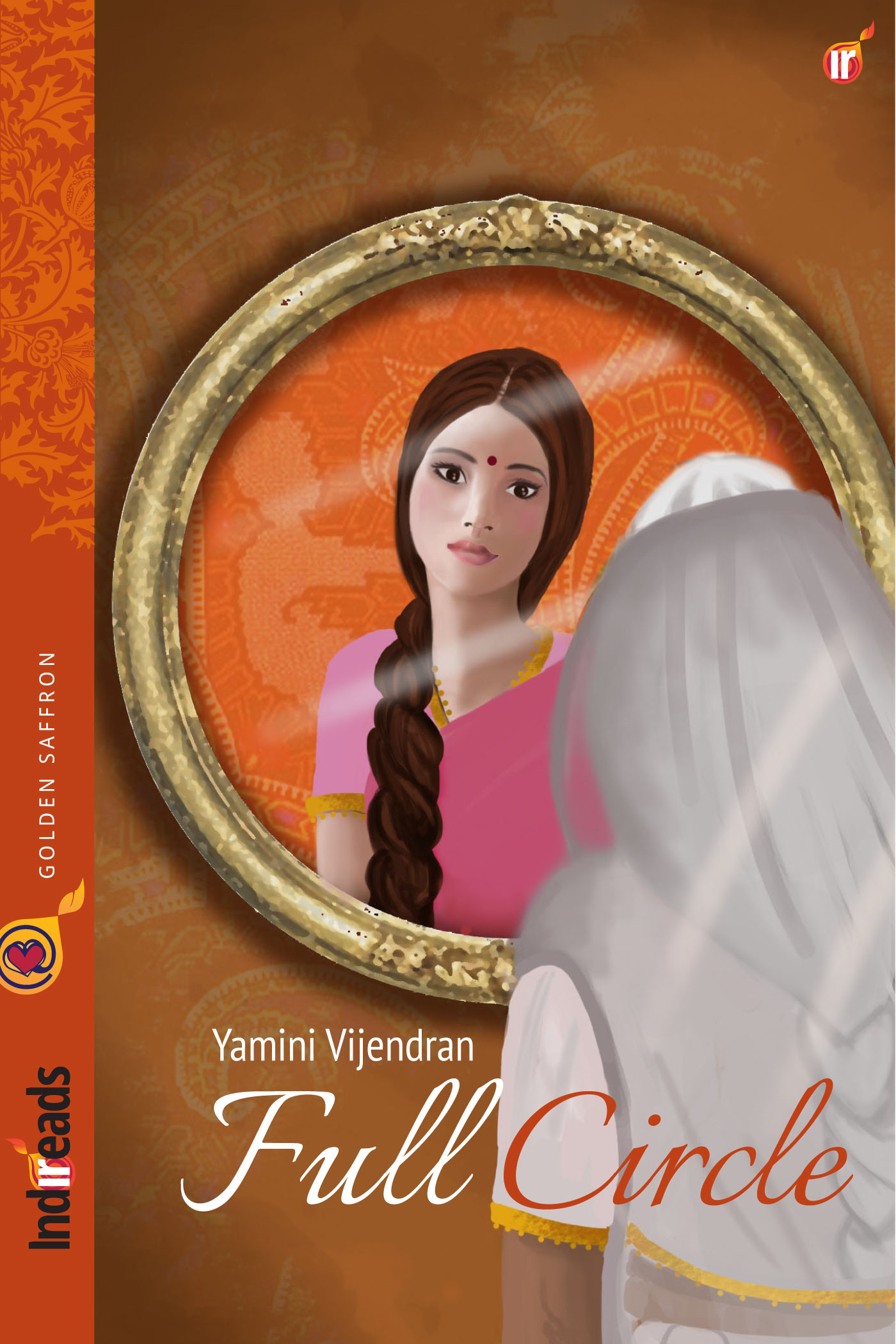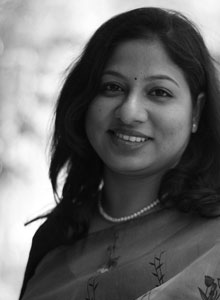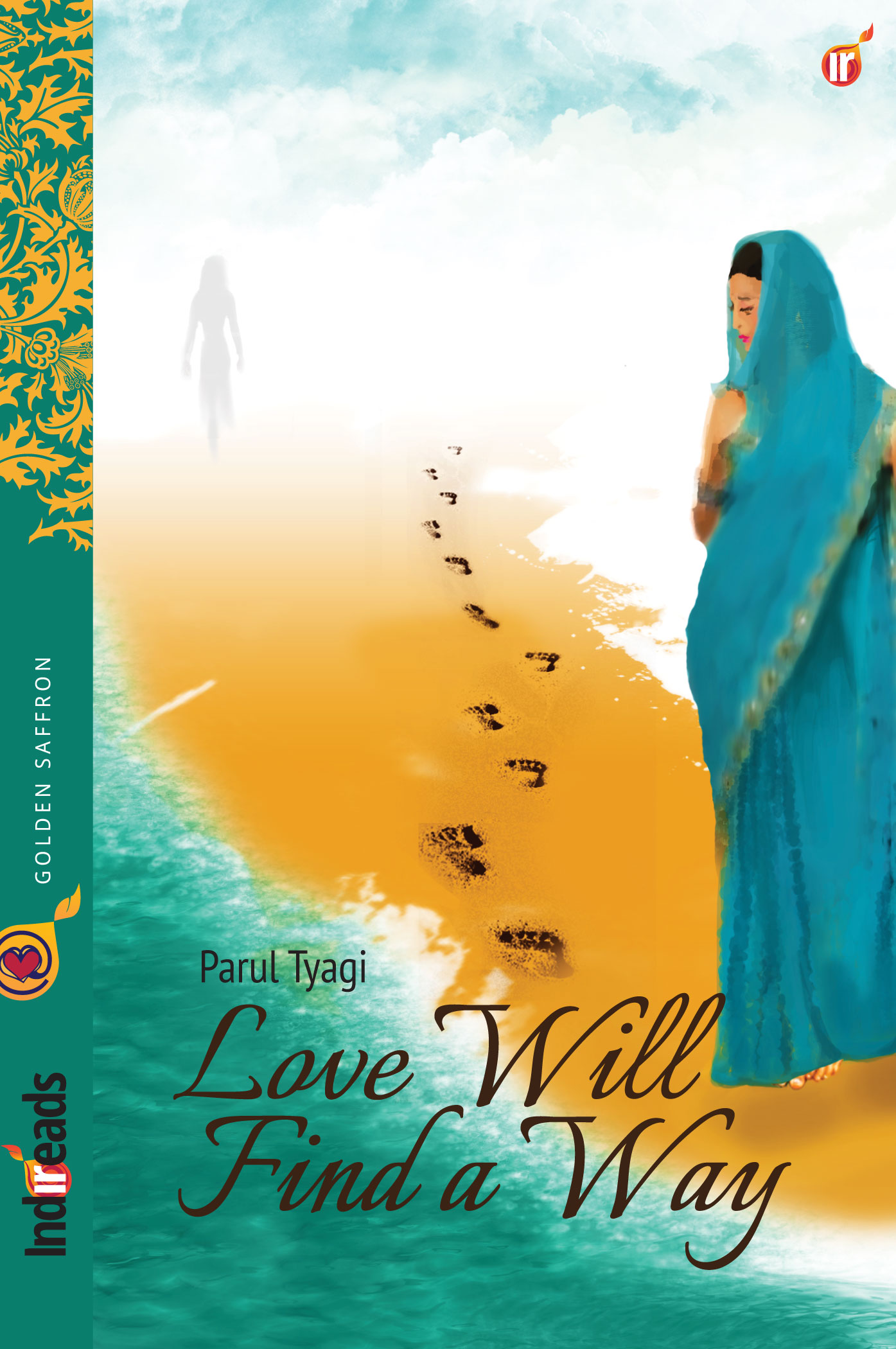The first question of the English language paper in school was always a composition. Out of five topics, we had to write any one piece of 350-500 words. While the rest of the class would start scribbling the moment they got the paper, I spent at least twenty minutes of the allotted two hours thinking. I marvelled at how others could write a creative piece without prior thought! Middle school upwards I started scoring the best grades in my favourite subject and was consistently delighted about it. I secretly scorned those who ‘mugged up’ essays in a bid to score high. So deep was my satiety at doing well in English that I seemed to not notice that I was terrible at Math. Once, my composition ‘A House on Fire’ was read out in class and folks hailed it as the next big thing. The same day, the Maths paper revealed that I’d failed to score the minimum forty. I pondered upon what I ought to feel more—elation at the highest or dejection at the red line in the report card. That was Class VII. The thinker was graduating to a philosopher.
I used to take Math tuitions with a neighbour who also taught English to students. He gave me an assignment to write an account on ‘An Uninvited Guest’ once, although English was not what I went to him for. When I took it to him the next day, Bijon Kaku asked me if my mother had written it for me. He was amazed that someone who was so poor with numbers could have a way with words. That convoluted compliment remains one of my best ones so far.
Later, as a university student, I wrote a letter to my professor complaining about my room-mate who had no concern for her health, ate khichdi day after day, distressing me with her Spartan life and spent days poring over books. This girl, Subhalakshmi, was a diligent academic and would attend classes which she had not opted for. For the bindaas in me, this was not acceptable, especially because the professor urged me to ‘look at her, learn something from Subha’ all the time! The letter I sent to him through Subha—who had no inkling about the content of the envelope—as she went to his house after class for extra notes. He read the letter, declared it a mock epic and showed it to all who went to study under him. ‘Fame’ felt euphoric, especially as it came from someone with exacting standards.
In retrospect, all these stray incidents may have portended toward a glorious writing career! Except, I was so content teaching English and writing the odd article for the school journal that I never gave any serious thought to a literary pursuit. Didn’t reclusive people who lived in the mountains or by the sea go on to become famous writers? Surely not a small-town girl with two thick, oily plaits who rode to school on a cycle and thought life was all about Jagdish’ chanachoor, reading Mills and Boon hidden in the Geography book and scraping through the Physics exam! Just that, whenever life happened—and it always did—I found myself wondering how it would read in a book or look in a film were somebody to capture it.
Significant incidents I did capture in a diary, but the task of keeping it in a secret place was so bothersome that the practice discontinued, with the silent hope that someday when I became a writer, I’d write about things from my journal. The ‘someday’ took many years to manifest. And I thank God for making it later rather than never. There are so many people who sleep-walk through life without ever knowing where their heart lies that I live in eternal gratitude for my blessing and the awareness of it.
Love’s Labor came at a time when I was travelling for my husband’s posting and had quit my corporate training job. We were in London, had visited places, tried the local cuisine, seen museums and musicals and had had our fill of the sun and the snow. Gradually, when I’d exhausted my quota of euphoria of being in the land of literary giants, I took to blogging. I wrote about whatever I observed or anything I cooked, about the places we explored and suggested our friends do. The blog was well-received and people wrote in to say they enjoyed it or they missed it when I didn’t post anything. That gave me the shove to write furiously and I did it till I was in London. Blogging put me into the discipline of writing. When Indireads approached me, I knew I could sit for hours and type. The groundwork had been laid under the invisible supervision of The Greats.
There were shockers in store for me, though. After my second round of feedback from Indireads, I gave up all notions about my supposed greatness and felt like a student who is pulled up for every line she writes. The manuscript came back with so many red lines that I had to strain to see the original text. I shelved the book and told myself that blogging was all that I could possibly do, not a full length book. And then, after over a month of a dry spell, I got a call from the publisher urging me to ‘forget all feedback and write what you originally wanted to’! I was too stupefied to remark that by then I’d forgotten that too. This divine intervention made me resolute, though, that if I write just one book in my life, this had to be it. The story had been festering inside me for over a decade and I wanted the catharsis as much as I needed to see myself as a published author.
That’s how Andy Paula, the author, was born. I made my debut with a name my friends had christened me with and the added ‘Paula’ just gave it the right zing. When they ask me why Paula, I ask them why not. Being a published author has brought about changes. There are changes in my dimension for example. Writing is a fattening job and I had to shift to a floor arrangement when the chair shrunk without warning. It belongs to the cat now; I cannot fit into it even if I want to. What hasn’t changed is that when I go for a walk, people still don’t recognise me.
With the dynamic and the static is the realization that there are few other highs than seeing one’s name in print. The book reviews, the interviews, the blog posts—all so heady, so intoxicating. And ten years from now when eBooks are the norm rather than the exception, I’d like to look back and think we’ve been the pioneers. I live for those times.




